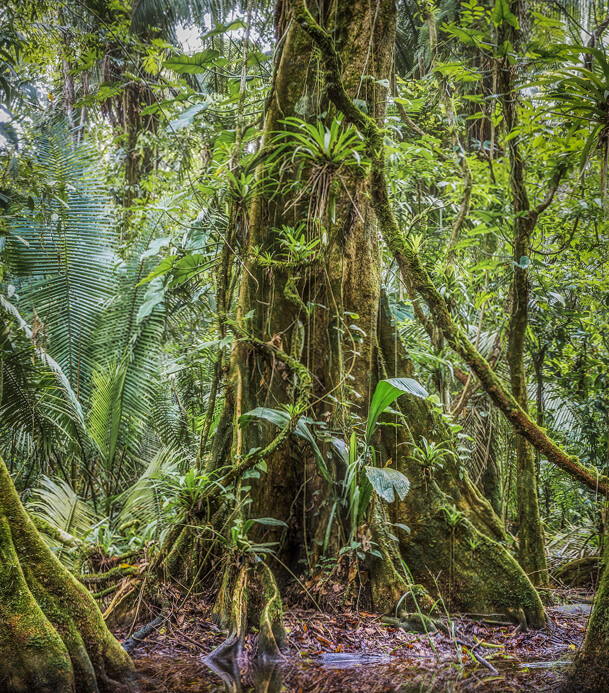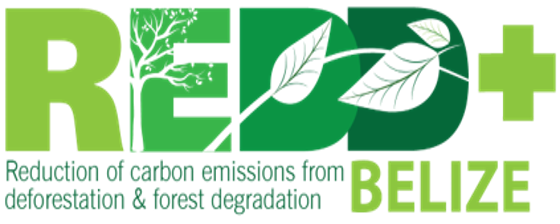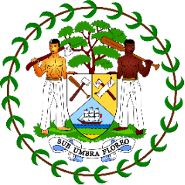Belize's REDD+ Safeguards Information System (SIS)
Enter the SISBelize's REDD+ Safeguards Information System (SIS)
A SIS is a system designed to provide information on how REDD+ safeguards (also known as Cancun safeguards) are being addressed and respected throughout the implementation of REDD+ activities. It is a prerequisite to access results-based payments from REDD+, both under the United Nations Framework Convention on Climate Change (UNFCCC) and its funding arm – the Green Climate Fund (GCF).
Belize’s REDD+ SIS aims to show the country's efforts to ensure the Cancun Safeguards are respected throughout the implementation of REDD+ activities, according to its legal and policy framework, cultural context and national capabilities.
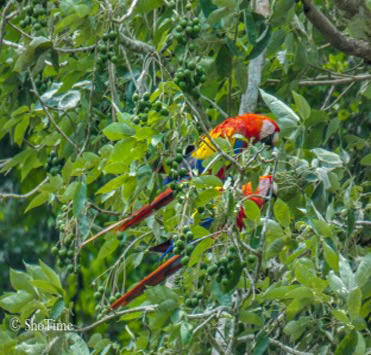
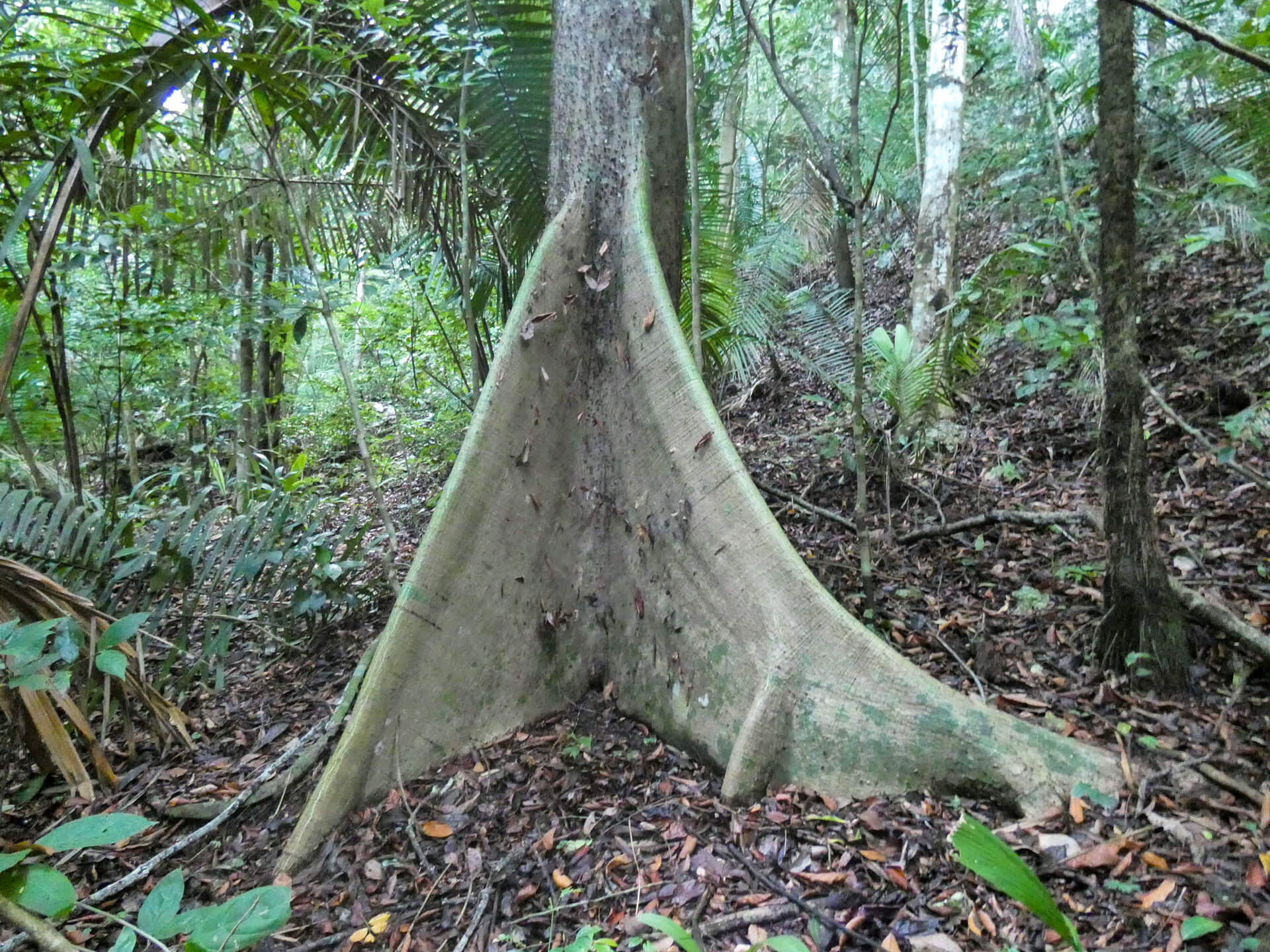
What are the "Cancun Safeguards" for REDD+?
The implementation of REDD+ activities help us to reduce emissions from deforestation and forest degradation and deliver social and environmental benefits for all. However, like all environmental public policies or projects, their implementation might also have negative consequences on forest-dependent communities and natural ecosystems. To avoid and mitigate those unwanted impacts, country Parties to the UNFCCC agreed to adopt the Cancun Safeguards, a pack of seven environmental and social measures and objectives that indicate how REDD+ activities ought to be designed and implemented. These safeguards cover basic rights and measures to protect people and the environment, such as indigenous peoples’ rights, the right of access to information, grievance redress mechanisms, or the protection of natural ecosystems, among others.
What is REDD+?
REDD+ is an international mechanism developed within the UNFCCC that aims to reduce carbon emissions and increase carbon stock in the forestry sector. It is a forest-based climate change mitigation framework which provides results-based payments to developing countries. The five activities for REDD+ are: 1) Reducing deforestation, 2) Reducing forest degradation, 3) Forest conservation, 4) Sustainable forest management, and 5) Carbon stock enhancement (the acronym REDD+).
The Conference of the Parties (COP16) of the UNFCCC encourages developing countries to contribute to reducing greenhouse gas (GHG) emissions in the forestry sector by undertaking REDD+ activities.
